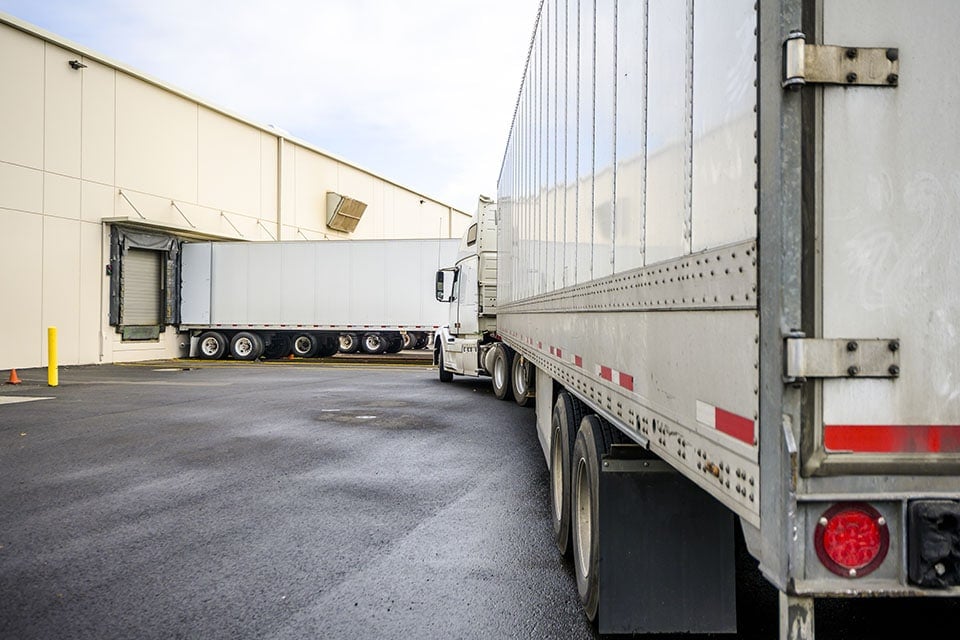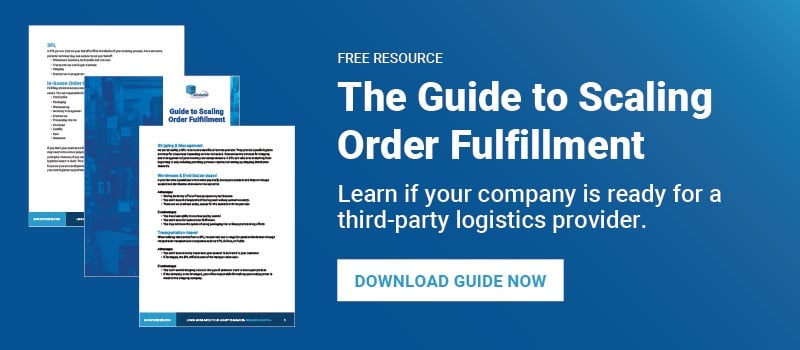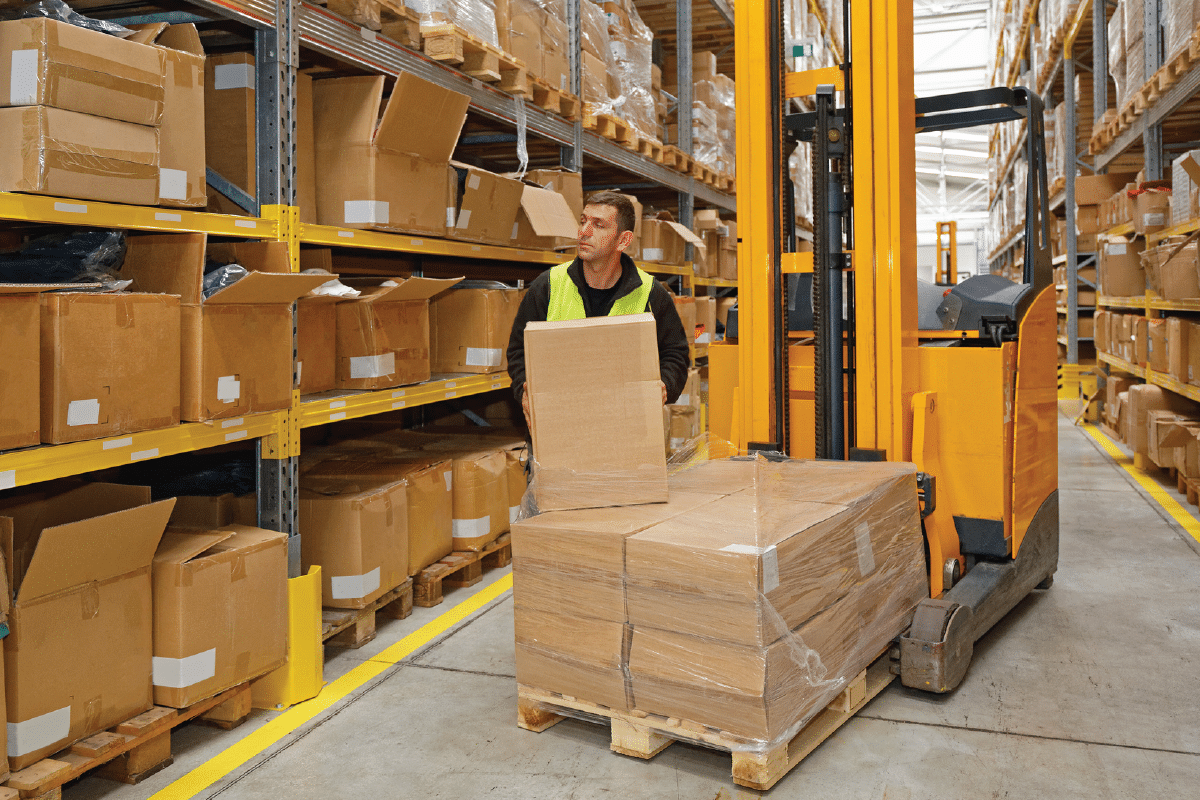
Terms like 2PL, 3PL, and 4PL are still hotly debated even within the logistics community, so it’s no surprise that businesses have trouble deciphering them to find the right logistics partner. Choosing the wrong one can lead to added shipping costs, lost opportunities, and potentially may even cost you your company. It’s vital to know what each type of provider offers so you can choose the one that will help your company get where you want it to go. With this information, you’ll know which order fulfillment provider is best for your business.
Looking for a new logistics partner?
E-Commerce Wouldn’t be Feasible Without Logistics
E-commerce simply wouldn’t exist without logistics companies that could handle all of the industry’s shipping requirements. Brick and mortar companies have their own supply chains they can rely on to bring goods to their stores, but e-commerce companies have to deliver their goods straight to the customer. Companies like Amazon have made same-day delivery an industry standard that most customers now expect. These capabilities are simply beyond the scope of most e-commerce companies to handle on their own, which means they have to partner with an outside logistics provider.
2PL

A 2nd party logistics provider (2PL) owns transport assets and contracts with a company to move their goods from one location to another. The 2PL isn’t involved in the company’s logistics chain beyond that. For example, a 2PL might transport shoes from a factory via truck to a store that sells them. Major logistics companies that transport goods across international borders on airplanes, rails, or ships, such as FedEx or Maersk, are considered to be 2PLs.
2PL Pros
Pros of 2PLs include the following:
- Lower overhead costs than shipping product yourself
- Simple to contract and work with
- Easy to keep track of your goods
- You can choose the mode of transportation for your products
2PL Cons
Cons of 2PLs include the following:
- They can be a blunt instrument that doesn’t provide a sophisticated level of delivery
- It can be hard to scale if your company is growing
- You have little insight into your shipping or opportunity to optimize it
- The relationship with a 2PL partner is transactional and isn’t a long-term solution
3PL

A third-party logistics company (3PL) typically offers a wide range of logistics services, including picking, packing, shipping, short-term warehousing, inventory management, labeling, and handling returns. This allows many companies that work with them to outsource much of their logistics needs to a 3PL. A 3PL functions as a partner of the businesses they service and builds long-term relationships. 3PLs can also handle some of the vital customer service functions of a business, especially those around returns.
3PL Pros
Pros of 3PLs include the following:
- Faster delivery times with fewer mistakes
- Higher levels of satisfaction from your customers
- Greater scalability than other logistics partners
- You can focus more on your core business and spend less time on logistics
3PL Cons
Cons of 3PLs include the following:
- Higher up-front cost than other shipping partners
- Customer service problems will be blamed on your company
- You have less control over your logistics
- Your business may become dependent on a 3PL
4PL

A fourth-party logistics company (4PL), also known as a leading logistics partner (LLP), manages the entirety of a company’s logistics needs, including its relations with 2PL and 3PL partners. They oversee the entire logistics chain and take steps to optimize it using data they collect constantly and in real-time. Many 4PLs don’t have shipping assets of their own in order to maintain their neutrality in determining the optimal shipping strategy for their clients. However, some may have their own shipping assets that they use to contribute to a company’s logistics capabilities.
4PL Pros
Pros of 4PLs include the following:
- Your logistics chain requires less oversight from you
- A 4PL chooses providers that are the best fit in terms of cost, service, and value
- Larger cost savings as your whole supply chain is continuously optimized
- More sophisticated technologies that provide a clearer view of every step of the supply chain
4PL Cons
Cons of 4PLs include the following:
- Less control in choosing your shipping partners
- It can take time to scale, which can be a problem for smaller companies
- They can offer more services than your business needs
- A 4PL can be expensive
Order Fulfillment Services Will Make Your Business Run More Efficiently
There’s a spectrum of logistics providers for you to choose from for your e-commerce business. Each one offers a specific set of services and there are advantages and drawbacks to working with each. Your company might have to work with multiple partners to serve your customers depending on your size and your market’s geographic distribution. If you’re in need of 3PL warehouse logistics services, Ship My Orders is ready to assist your business. We have two fulfillment centers located in Las Vegas, along with a track record of earning the trust of and delivering success to our customers.


-1.png)


